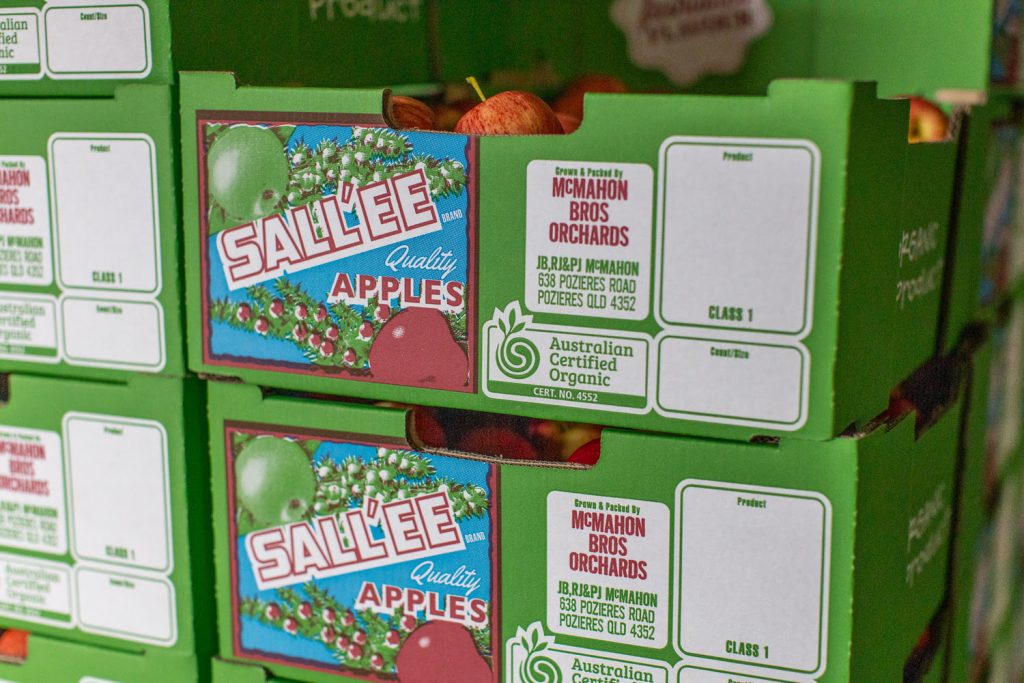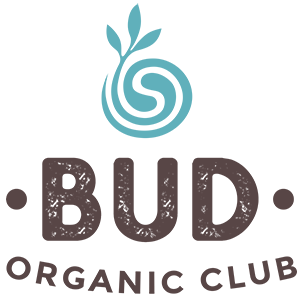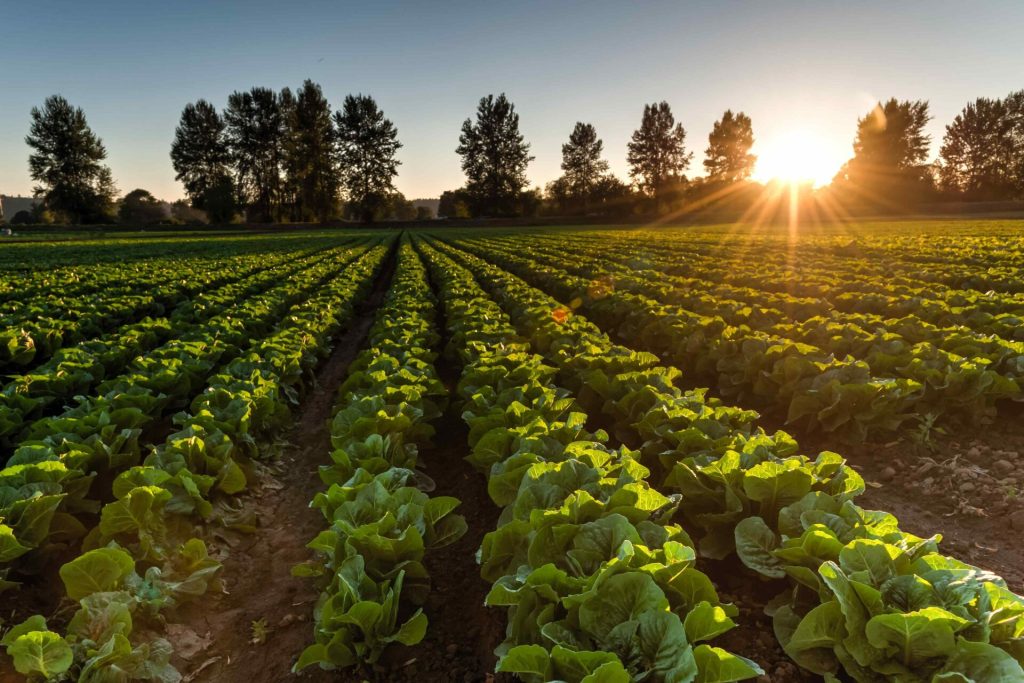Organic farming is an ecological management system that maintains and enhances soil fertility, promotes ecological balance, animal health and conserves biodiversity.
For farmers, converting to organic is more than just switching out similar products. It is about understanding the natural cycles of farm agroecosystems and how to use them to their advantage rather than control them.
Certified organic products represent agricultural practices that promote biodiversity, minimise erosion and protect watersheds, create wildlife zones and habitats, encourage soil regeneration with natural alternatives to synthetic fertilisers and pesticides, and so much more.
Organic farmers who successfully navigate these challenges provide you and your family with nutritious, safe and sustainable produce. In this blog, we’ve taken a look at some key considerations for organic farmers as they work to bring great food from paddock to plate.
What’s the difference between organic and non-organic farming?
When it comes to growing fruit and vegetables, there are many contrasts between organic and ‘conventional’ farming practices, from seeding all the way through to storage.
Many of the techniques used by non-organic farmers are for commercial purposes – to make the produce appear healthier, to speed up ripening, and to make it last longer on supermarket shelves. Synthetic herbicides, fungicides and insecticides are applied, crops are often chemically ripened with ethylene, and antibiotics may be used post-harvest to prevent bacterial infections.
Organic farmers take a far more holistic approach to the entire process. Non-GM seeds are planted into healthy and fertile soil, using natural fertilisers from animal bi-products such as manure and compost. Organic farmers will encourage and utilise beneficial insects to protect crops, allow fruit and veg to ripen naturally before being picked, and store produce in dry and cool environments to prevent loss.
Similar long-term, practical techniques are used for organic livestock production, where animal health is a much higher priority than in conventional farming. These benefits carry over to consumers, as the end product is much healthier and more nutritionally dense.
Does organic produce really taste better?
Be it meat, fruit or vegetables, consumers sampling organic food are frequently heard expressing their delight at the full-tasting flavour. ‘Fresh’, ‘clean’, ‘rich in flavour’ and ‘tastes the way food used to taste’ are comments often used by those who choose to eat organic.
As mentioned above, organic produce is allowed to fully ripen on the plant, often resulting in higher sugar content and better taste. This opinion is shared by an increasing number of high-profile chefs who often state that their primary reason (among others) for choosing organic is taste.

Why the price difference?
In simple terms, organic farming is a lot more work! It can take up to three years for a producer to become ‘certified organic’, during which time their land must be farmed free from fertilisers and pesticides. It can take farmers years to get their soil health back to levels that fully support crop growth during this conversion process. This may result in lower yields initially, for a similar amount of work, resulting in the higher prices of organic produce.
Organic fruit and veg will sometimes need to be grown further apart to ensure adequate nutrition for each plant. As there are no harmful chemicals used post-harvest to treat the produce, a higher proportion of organic fruit and veg picked may not make it through to sale either.
Whether an organic farmer is growing produce or raising livestock, every stage of production needs to be certified. These costs may also flow onto the consumer, but certification is a vital stamp of integrity that protects consumers and businesses alike from false claims.
As certified organics continue to grow in popularity, we can expect to see more and more local operators able to offer fresh and healthy produce on a larger scale, which will bring prices down in the longer term. In the meantime, it’s very important that we continue to support organic farmers producing food with the health of consumers and the planet in mind. Always keep an eye out for certification marks such as the Australian Certified Organic ‘Bud’ logo on your produce!
Organic Farming Glossary
Agroecosystems – A network of organisms and the physical environment with which they interact, specific to food production systems.
Ethylene – A gaseous plant hormone that can be used to induce the ripening process for many fruits.
Fungicides – Chemical compounds or organisms used to kill or prevent the growth of fungi and their spores.
Herbicides – Commonly known as weedkillers, any chemicals that destroy or inhibit the growth of plants.


